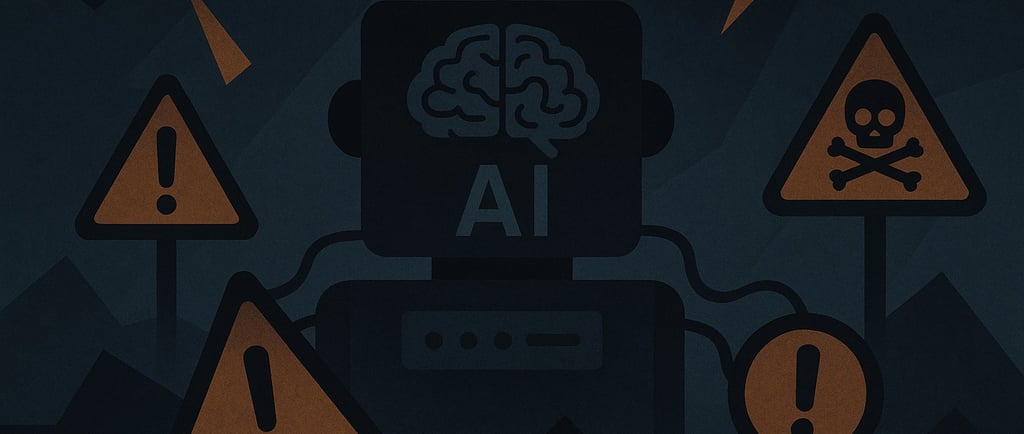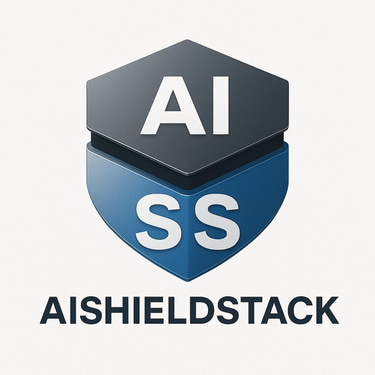AI Companies Face Safety Challenges
A recent assessment reveals significant safety gaps among leading AI companies, with most failing to adequately prepare for risks associated with advanced AI technologies. While Anthropic and OpenAI lead with improved practices, the industry overall struggles with transparency and coherent safety plans. As the push for artificial general intelligence accelerates, the urgency for robust risk management becomes crucial.
TOOLSWORKUSAGEPOLICYFUTURE
AI Shield Stack
11/13/20252 min read


The recent assessment of AI companies has raised serious concerns regarding their preparedness for the risks associated with advancing artificial intelligence technologies. Anthropic emerged as the leader with a C+ grade, primarily due to its comprehensive risk assessments and commitment to safety benchmarks. The firm has taken the initiative to conduct human participant bio-risk trials and has proven its dedication to privacy by not training its models on user data.
Following closely, OpenAI secured the second position, noted for its transparency in whistleblowing policies and a robust risk management framework. The company has actively engaged in external model evaluations and provided detailed specifications of its AI models, which has garnered some confidence in its safety practices. However, a troubling trend persists: the majority of firms in the industry are fundamentally unprepared to meet their ambitious goals, particularly the pursuit of artificial general intelligence (AGI) within the next decade.
None of the assessed companies received a grade higher than a D in Existential Safety planning, highlighting a significant disconnect between their aspirations and actionable safety measures. One reviewer pointed out this disparity as "deeply disturbing," emphasizing the lack of coherent and effective plans to ensure that advanced AI systems remain safe and controllable. Only three out of seven firms, including Anthropic, OpenAI, and Google DeepMind, reported substantive testing for dangerous capabilities that could lead to large-scale risks.
The gap between the capabilities of AI technologies and the corresponding risk management practices is widening. With no standardized regulatory framework in place, some companies are adopting stronger safety controls, while others are falling short on basic safeguards. This inconsistency underscores the inadequacy of voluntary pledges that many firms have made regarding AI safety.
Another area of concern is the transparency of whistleblowing policies. These policies are essential for enabling external scrutiny in safety-critical industries, yet only OpenAI has published its full whistleblowing policy. This disclosure came only after media scrutiny revealed restrictive non-disparagement clauses, demonstrating a reactive rather than proactive approach to safety.
Internationally, Chinese AI firms like Zhipu.AI and Deepseek received failing grades, largely due to differing cultural norms regarding self-governance and information-sharing. While China has established regulations for advanced AI development, companies in the U.S. and U.K. continue to operate without equivalent legislation, raising further questions about the safety and governance of AI technologies.
As the AI landscape evolves, the need for comprehensive risk management and transparent practices becomes increasingly critical. Companies must prioritize the establishment of effective safety frameworks and engage in meaningful external evaluations to bridge this widening gap.
AI Shield Stack can assist organizations in navigating these challenges by providing tools and frameworks aimed at enhancing AI safety and compliance.
Cited: https://futureoflife.org/ai-safety-index-summer-2025/
